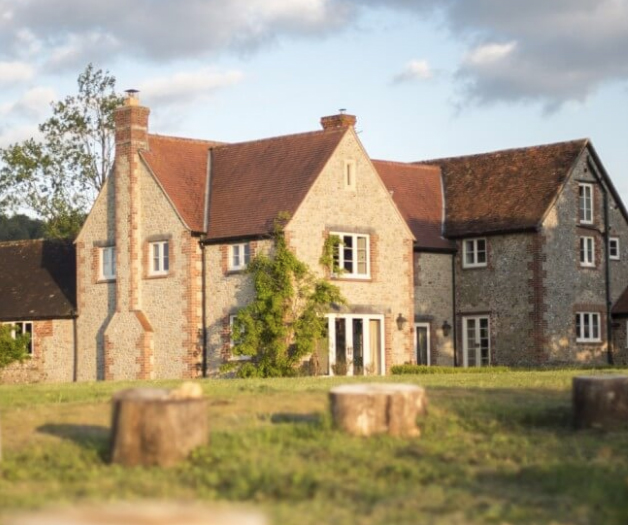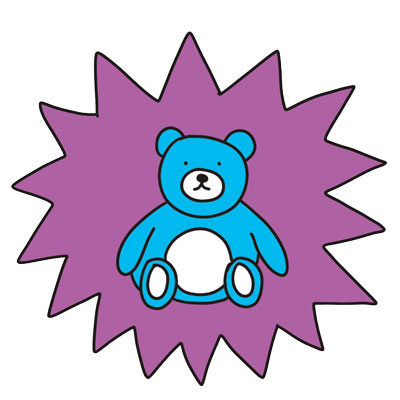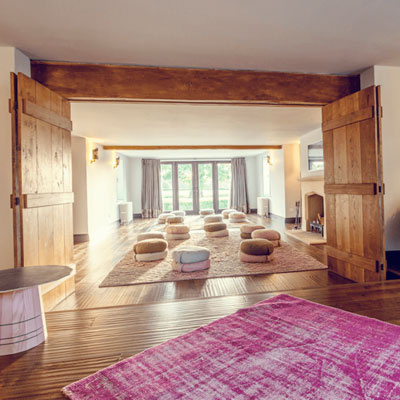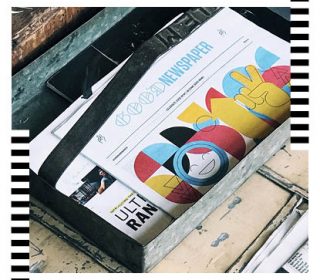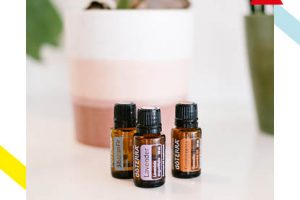How it feels to experience an emotional detox
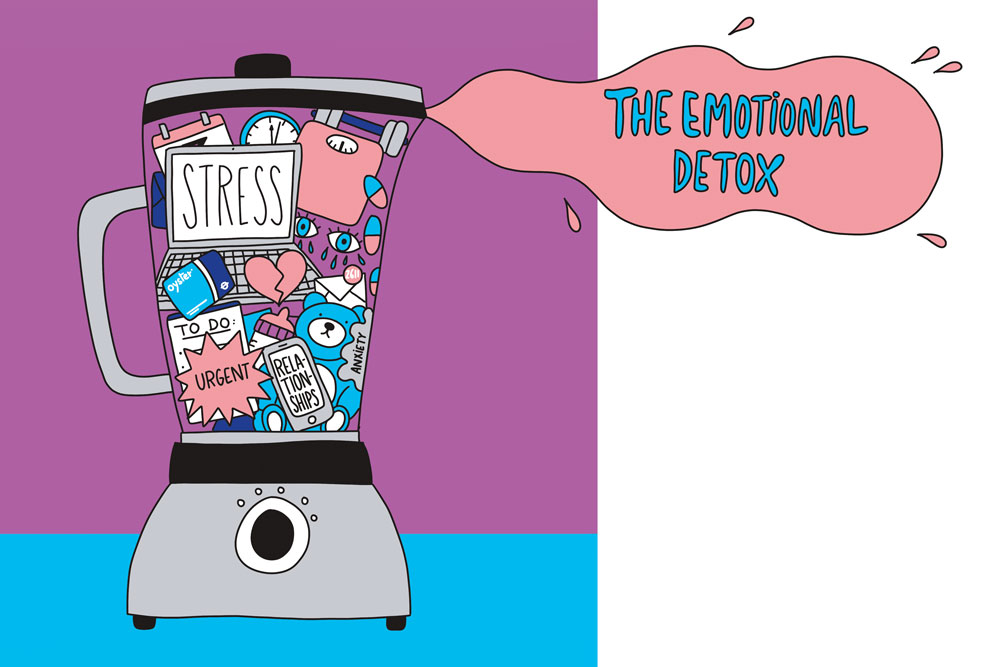
Few people in this enlightened age feel even a flicker of embarrassment telling colleagues ‘I’m off for a week’s yoga in Ibiza’ or ‘see you after my WildFitness weekend in Scotland’. Where we’re all less comfortable though, is saying we’re off to work on our emotions.
It’s different in the US; out-of-office messages ping around Silicon Valley declaring CEOs are on a Shamanic journey or Vipassana silent meditation retreat.
Thing is, I’m British, possessed of a stiff upper lip, and inclined to slip into a sneer at anything that smacks of quackery or self-indulgence.
So I don’t shout about what I’m up to when I check into The Bridge at 42 Acres in Somerset, the brainchild of 33-year-old entrepreneur Lara Tabatznik.
Instead, I lie. It’s far more British. I tell colleagues I’m on a digital detox and off-grid for six days. I don’t reveal the real purpose of The Bridge, Britain’s first location for comprehensive emotional detox.
The first evening, despite these luxurious surroundings, I’m decidedly uncomfortable. My laptop and phone have been spirited away and I wonder why I’ve chosen to spend my time with 15 people essentially moaning about their own problems.
But as founder and therapist Donna Lancaster explains: ‘Humans are programmed to assess potential threats and future pitfalls using past experiences and traumas. Sometimes, however, our powerful self-preservation instinct can make us so risk-averse that we violently shut the door to health and happiness’.
Some guests arrive with specific traumas in mind, maybe a painful divorce or a bereavement. Not me. I’m here because of my crippling anxiety and tendency to run away when I feel vulnerable.
Subconscious fears
Almost immediately, my visit to the Bridge begins paying off, as I glean the sort of insights into unconscious impulses it could take years of therapy to uncover.
I feel inclined to be compassionate to myself and others about behaviour I’d previously have dismissed as twisted, weird or plain pathetic. I realise I never really allowed myself to be sad about spending most of my early 20s in hospital, on crutches and generally in recovery (I had two major accidents, involving leg breaks and wheelchairs).
As Donna points out, it’s no bad thing to make the best of a bad situation. But if I’d been able to reflect consciously on my physical pain, my loss of confidence, my shattered sense of security, I wouldn’t be so controlled by my subconscious.
With Donna’s help I see how, like many who have experienced this sort of self-consciousness, it affects me daily, from being an anxious passenger to feeling painfully self-conscious and panicking when I’m jostled in crowds.
‘If you don’t share your story, you show your story,’ is a Bridge mantra, meaning if you don’t process grief, it interferes in your life in other ways. Donna is at pains to point out that grief doesn’t refer purely to bereavement, but any emotional trauma. It could be a best friend moving away when you were eight years old; your first girlfriend cheating on you, or maybe a bullying boss.
The overarching theory behind The Bridge is, as Donna puts it: ‘Honest sharing in a safe environment automatically leads to healing.’ Honest sharing isn’t as commonplace as it sounds. Even with the best support network in the world, there are some things we’re just too socially attuned to say out loud to anyone.
As well as uncovering past hurts, we’re taught how to express and process the feelings that arise, through a series of cathartic physical exercises that include dancing it out and shaking the tension out of our limbs, and rituals involving candles, old photographs and writing letters to loved ones.
Everything around me tells me this is a sharing system that, well, it works. I watch other participants change visibly; people stand up straight again, as years of tension slip away from stressed and anxious faces.
The journey continues
Like any therapy, this isn’t a quick fix. You can’t unsee what you see about yourself and there may be a lot more that needs addressing.
But like good detox, I head off with all the tools I need to complete my personal journey. I feel lighter and more in control of my emotions. It is a significant money outlay, but compared to years of therapy, it feels like a very good return on investment.
The Bridge has already changed how I respond to situations every day. This inner adventure is thrilling. If you can bring yourself to be a little less British and embrace your emotional wellbeing as well as you do your physical, it could well prove to be the best journey you go on for years.
Find your balance
Feel better from your own home
Belly breaths: There are few better ways of getting to the here and now than sitting down and taking a breather. Even for a couple of minutes. Build up to belly breaths, a terrific way to feel calm; focus is the key.
A good tidy: The old adage of tidiness reflecting state of mind is true. What’s more, the process of tidying helps to focus the mind and impacts wellbeing.
Flex appeal: You’ve got the yoga books, the mat and the gear. But you’re lacking motivation. Use the Yogi2Me app and a practitioner will visit your house. Excuses begone.
Book ‘em: It’s perhaps a bleak reflection on modern-day life that we need to include reading, yet how many of us have stopped? Reading stimulates the mind, improves knowledge and memory and reduces stress. So, don’t give it up. It’s far better for you than social media.
Bridge building: The Bridge six-day personal development experience (thebridge.events) costs from £2,650 per person on an all-inclusive basis.



